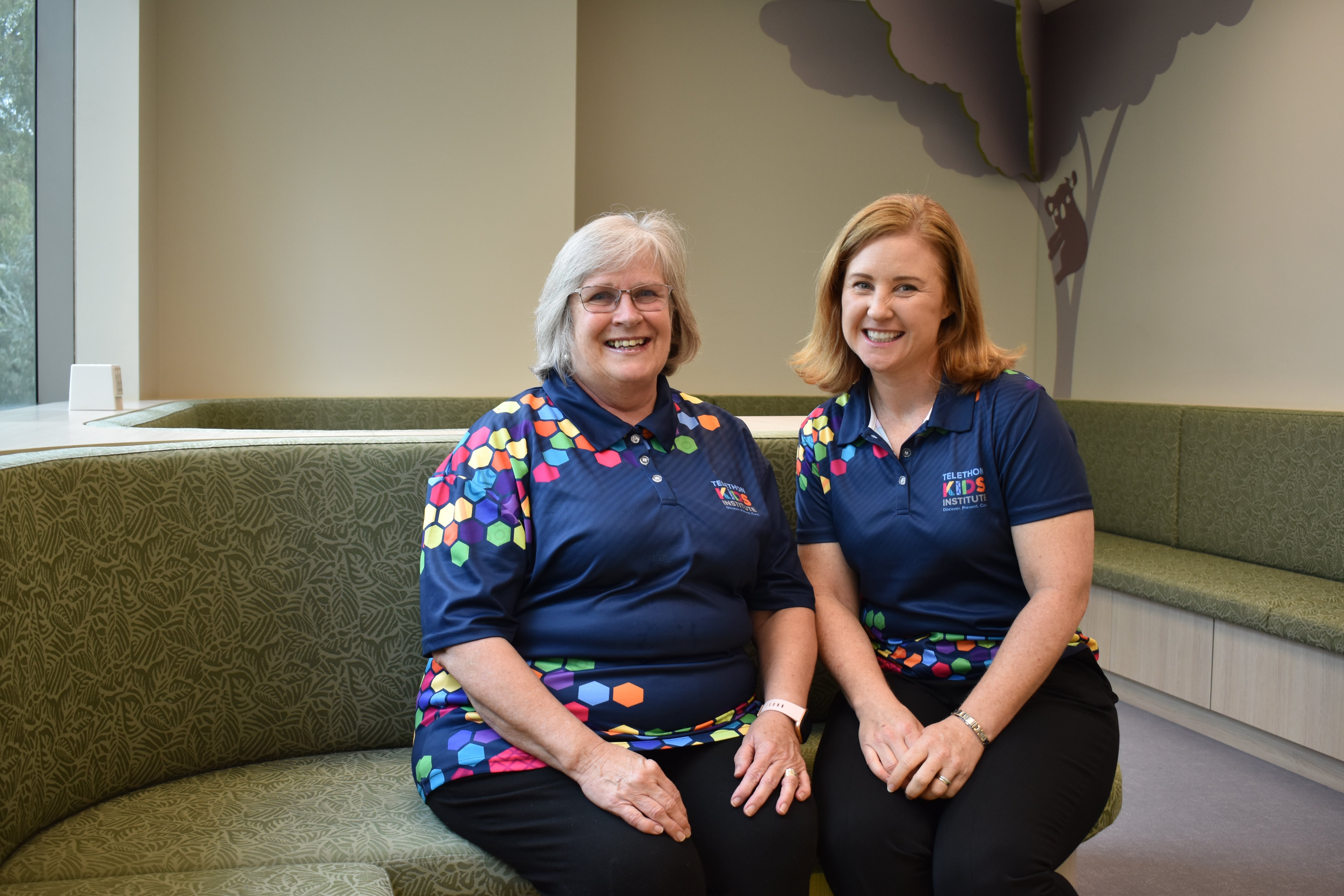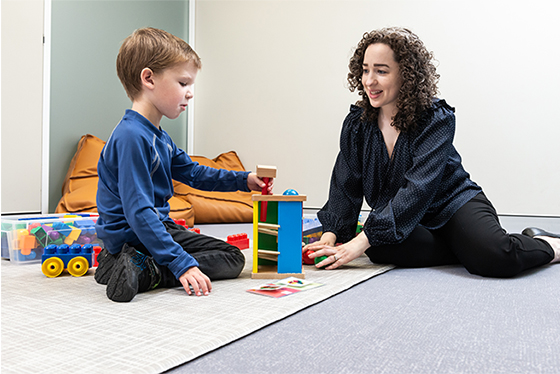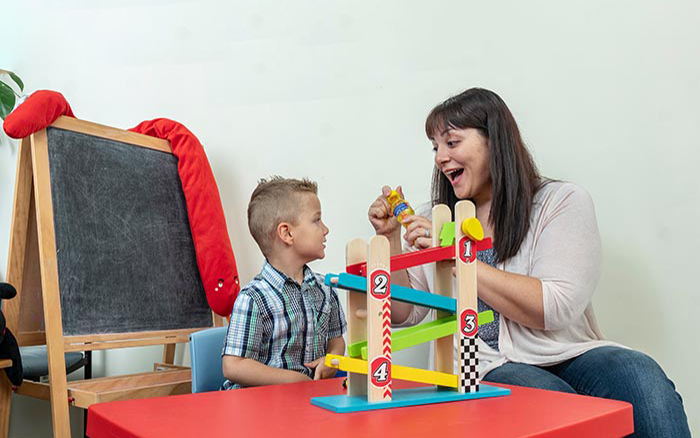Search

News & Events
Provisional Psychologists at CliniKidsTo meet the growing demand for clinical psychology services, as well as provide education and awareness of autism best practice for clinical psychologists, CliniKids is helping to develop and train the next generation of mental health practitioners.

News & Events
New team members!CliniKids recently welcomed Gayle, Tarryn and Emma to the clinical team. The clinicians will be located out our new Joondalup clinic, which will be welcoming families in Term 4.
See our full catalogue of news and events.

At CliniKids we value all feedback, including compliments, suggestions and complaints.

Join us in helping autistic kids live their best lives.
Research
Dental care experiences and clinical phenotypes in children on the autism spectrumChildren diagnosed with autism spectrum disorder may be at higher likelihood of experiencing poorer oral health and difficulties accessing dental health care. However, identifying which children on the autism spectrum may be more vulnerable to experiencing dental care difficulties is still unknown.
Research
Parent-reported Early Atypical Development and Age of Diagnosis for Children with Co-occurring Autism and ADHDAutism and attention-deficit/hyperactivity disorder (ADHD) often co-occur. This survey of 288 New Zealand parents of children diagnosed with autism, ADHD, or both conditions, examined the relations between age of diagnosis and early atypical development, the age specialist consultation was needed and types of specialists seen.
Research
Potential role for immune-related genes in autism spectrum disorders: Evidence from genome-wide association meta-analysis of autistic traitsAutism spectrum disorders are complex, with a strong genetic basis. Genetic research in autism spectrum disorders is limited by the fact that these disorders are largely heterogeneous so that patients are variable in their clinical presentations. To address this limitation, we investigated the genetics of individual dimensions of the autism spectrum disorder phenotypes, or autistic-like traits. These autistic-like traits are continuous variations in autistic behaviours that occur in the general population.
Research
A Survey of Autistic Adults from New Zealand on the Autism Diagnostic Process During Adolescence and AdulthoodThe diagnostic experiences of autistic adults in New Zealand have not been investigated and little is known globally about autistic adults' satisfaction with the autism diagnostic process. This study describes the diagnostic experiences of 70 autistic adults living in New Zealand and explores how these experiences are related to satisfaction during three stages of the diagnostic process. The results show that autistic adults were reasonably satisfied with the early query and diagnostic assessment stages, but were dissatisfied with the post-diagnostic support stage, with significant unmet needs. Dissatisfaction during the post-diagnostic support stage was also related to satisfaction during previous stages and poor coordination of supports. Suggestions are made on how to improve the autism diagnostic pathway for autistic adults in New Zealand.
Research
The Effects of Using the Sun Safe App on Sun Health Knowledge and Behaviors of Young Teenagers: Results of Pilot Intervention StudiesA balanced approach toward sun exposure and protection is needed by young people. Excessive sun exposure increases their risk for skin cancers such as melanoma, whereas some exposure is necessary for vitamin D and healthy bones. We have developed a new iOS smartphone app-Sun Safe-through a co-design process, which aims to support healthy and balanced decision-making by young teenagers (aged 12-13 years).
